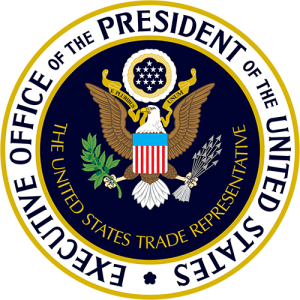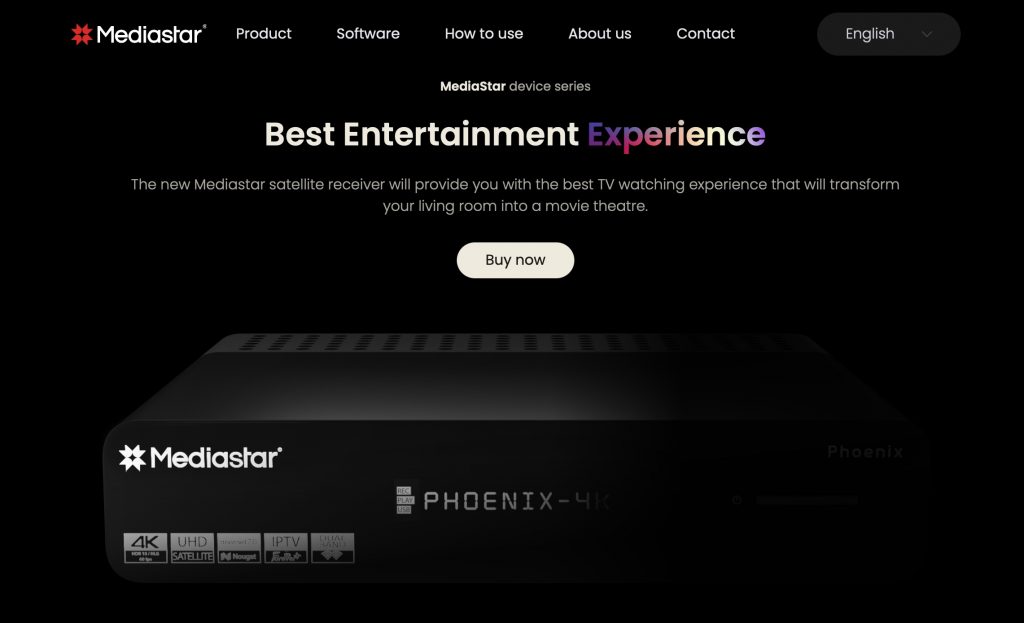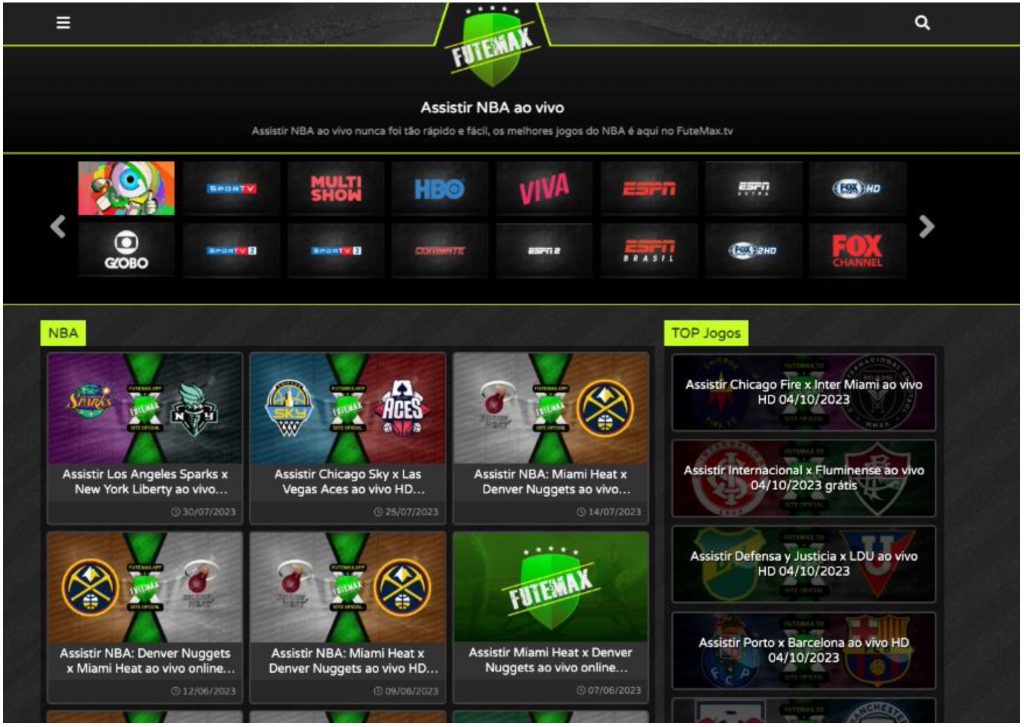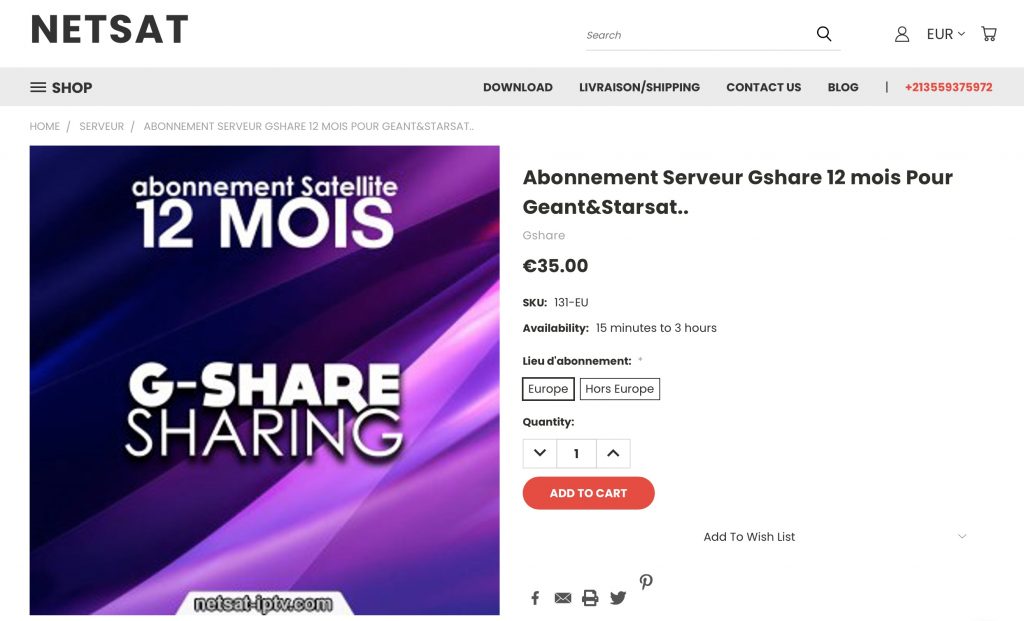
The comment period has closed for the 2023 Review of Notorious Markets for Counterfeiting and Piracy (aka the “Notorious Markets List”), which is published by the Office of the United States Trade Representative (USTR). As of the October 6, 2023 deadline, 33 comments were submitted, which identify online and physical markets that “engage in and facilitate substantial copyright piracy or trademark counterfeiting that infringe on U.S. intellectual property.”
The comments are available to be viewed online via a USTR comment submission portal, docket number USTR-2023-0009. Summaries of selected comments are in this article, below.
Background
The US Trade Representative office publishes two reports that serve as documents-of-record by government agencies and regulators, and as evidence of the damage inflicted by piracy for consumer and commercial interests. The Notorious Markets List is one of those two reports, and has been published annually since 2005.
The other is the annual Special 301 Report, named after Section 301 of the Trade Act of 1974 (19 U.S.C. §2411), a statutory framework under which countries and trading partners that violate US trade agreements can be identified.
Submissions made to the USTR
Entries relevant to the media and entertainment industry were submitted by the Audiovisual Anti-piracy Association (AAPA), Alibaba, Amazon, the App Association, the Asia Video Industry Association (AVIA), beIN Media, the Entertainment Software Association (ESA), the International Broadcaster Coalition Against Piracy (IBCAP), the Internet Infrastructure Association, the Motion Picture Association (MPA), the Football Premier League, the Recording Industry Association of America (RIAA), Tencent and United Media.
Defensive submissions
Two of the entries were from China-based distributors, Tencent and Alibaba. Rather than saying that they themselves had been victimized by piracy, they instead rationalized that they have been at the vanguard of media content protection and were beefing up.
Two Alibaba platforms were cited in the 2022 Notorious Markets List, but Alibaba’s 2023 entry contended that “there was no basis” for naming them to the List. “By the end of 2022, the Alibaba Original Designs Protection Platform had protected more than 800 million photos, more than 56 million short-form videos, and more than 580,000 design manuscripts, benefiting more than 10,000 designers.” Alibaba’s 2023 entry noted its use of watermarking and fingerprinting to help identify video and protect video IPR; saying that “Alibaba achieved breakthroughs in multiple aspects of video watermarking, including visual effects and processing efficiency.”
Tencent says it “understands IP, invests in and supports IP, and works with the international community to tackle infringing activity. Tencent is a responsible, publicly traded company and takes all of its compliance and related business obligations seriously.”
As evidence of this commitment, Tencent said that it “is recognized as the largest filer of trademark applications in the world, with an active trademark portfolio of over 50,000 trademarks.” It listed itself as “one of the largest licensing partners of U.S. copyrighted content in China and globally. Tencent operates four media-intensive online services. Tencent Music Entertinment and Tencent Video offer licensed music, films, variety shows, sports and other programming to millions of consumers. Tencent Pictures and Tencent Games create and produce video and game titles for worldwide distribution.
Close-up: AAPA’s submission
The Audiovisual Anti-Piracy Association (AAPA) is a UK-based antipiracy organization with members that include pay TV and streaming distributors, video programmers, and anti-piracy technology suppliers.
AAPA’s submission summed up the piracy problem succinctly:
“Pirates will be very technically sophisticated and engage in various types of hacking to evade and circumvent copy controls and other anti-streaming technologies. The pirated content is then aggregated with other channels and content, and supplied on to other IPTV services, in a complex web of re-streaming. Much of this restreaming is facilitated by the use of middleware which makes it relatively easy to administer and operate a pirate IPTV service. Many pirates also “pirate” from each other, further adding to the complexity of the landscape. As such, there can be many players in the market for pirate IPTV services.”
AAPA’s entry was illustrative of many of the other submissions, in that it classified pirates into categories. The illegal services identified by the AAPA submission are still in commercial service.
AAPA’s first category was “Pirate IPTV” sites, which aggregate stolen programming into a convenient pay TV-like user experience for streaming on a subscription basis. AAPA, identified about two dozen infringing services, such as this one:

AAPA’s second category was of “Branded media devices” associated with piracy which are usually custom-built set-top boxes with hacked conditional access clients that decrypt stolen satellite TV programming. Some of them are hybrids that receive both satellite TV and streaming.

The third category was Pirate Streaming Websites, “which make available … a huge range of pirated content (including international and US-owned content).” One of the named sites (soap2day) had 30.7 million visitors in August 2023. Another was Futemax, which is focused on sports popular in Brazil and Portugal, but has a big range of pirated content (including international and US-owned content)

AAPA’s fourth category was Control Word Sharing piracy, “pirate networks which provide access to hacked encryption keys that enable satellite broadcasts to be received. The pirates offer a service which provides access to internet based servers which deliver the encryption keys (known as control words) to the end user’s satellite receivers.” Pirates monetize them by offering subscriptions.

AAPA’s fifth category was cyberlockers, which are “online file-sharing service which enables users to upload files to a website, and distribute links from which the files can subsequently be downloaded. While the services present as neutral file storage services, they are notorious for being used to distribute huge volumes of pirated audio-visual and other content.” One of them, France-based 1fichier.com, has about 37 million monthly visitors.

AAPA’s other categories were hosting services and other online intermediaries.
Further reading
- Read the comments submitted for the 2023 Notorious Markets report
- Read the full Comment Request as published in the US Federal Register
- Read the Notice from the Office of the US Trade Representative including guidelines for submitting comments.
- Read the 2022 Notorious Markets Report, published February 2023.
Why it matters
The Notorious Markets List identifies examples of online and physical markets that reportedly engage in or facilitate substantial copyright piracy or trademark counterfeiting.
Again, speaking for all of the submitters, AAPA reminded readers that “… piracy is particularly pernicious because pirated services compete directly with legitimate services. As pirated content can easily be watched through a television, it is likely to engage an entire household and may be considered a true alternative to a legitimate service. Many consumers may even be unaware that the service they use is illegitimate.”












